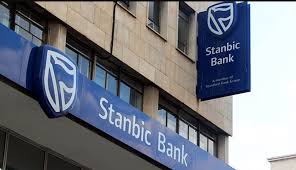The Stanbic IBTC Purchasing Managers Index (PMI) fell to its lowest in seven months due to low demand and high prices.
The monthly PMI, released on Monday, showed a drop to 50.1 points in June from 52.1 in May, marking a seven-month low.
Muyiwa Oni, Head of Equity Research West Africa at Stanbic IBTC Bank, explained that the drop was caused by lower domestic demand and higher prices, which slowed the growth of output and new orders. New orders nearly stagnated, growing only slightly at the slowest rate in seven months.
Financial issues for customers also limited the benefits of any increase in demand.
Oni noted that output grew at a slower rate in June, the weakest in four months. Inflation in input prices rose again, reaching its highest level since March, with nearly 60% of respondents reporting higher input costs.
Companies increased their selling prices sharply in June, with inflation rising slightly from May.
At the end of the second quarter, private sector activity was weak due to high prices, interest rates, and currency issues. The PMI reading suggests a likely slowdown in the non-oil sector’s growth to 2.6% in Q2:24 from 2.8% in Q1:24. Headline inflation is expected to peak in June and moderate in the second half of 2024, thanks to the end of the PMS subsidy and currency depreciation effects, as well as the start of the primary harvest season in September.
The report also noted that while new orders continued to rise in June, the rate of growth was the slowest in seven months. Companies raised their selling prices rapidly again in June, matching the faster increase in input costs due to currency weakness and higher raw material costs, especially for animal feed. Efforts to help workers with living and transportation costs led to a further solid rise in wages.
The Stanbic IBTC Bank Nigeria PMI is compiled by S&P Global from responses to questionnaires sent to purchasing managers at around 400 private sector companies.

